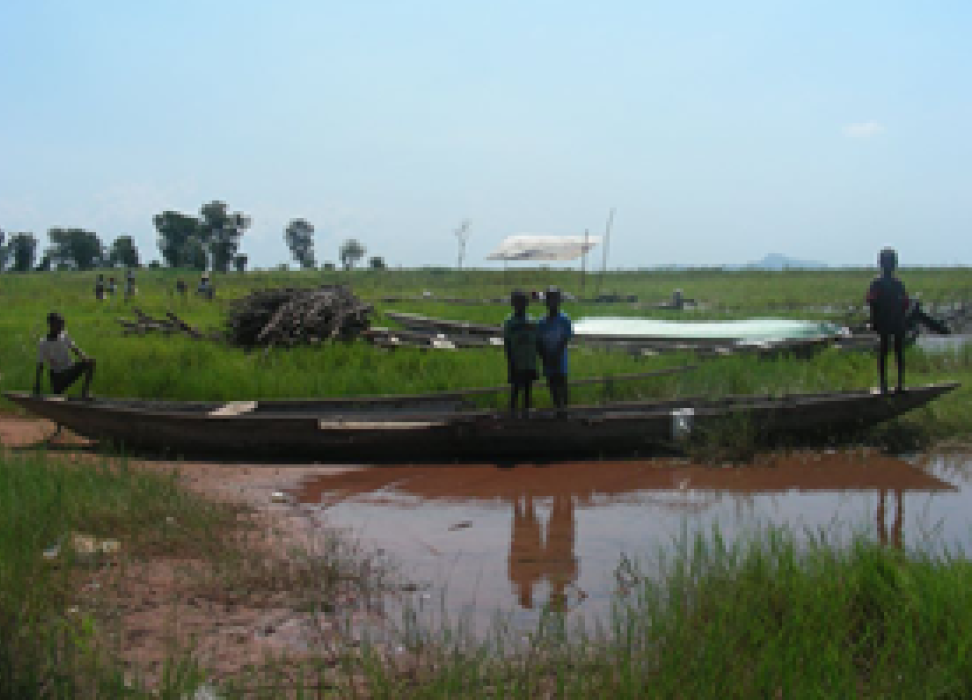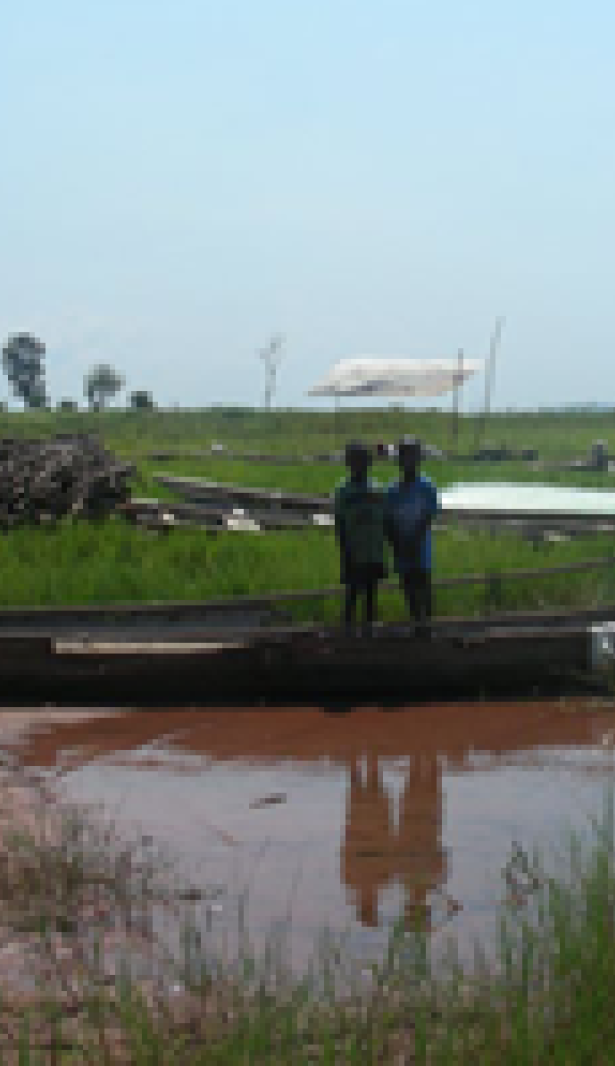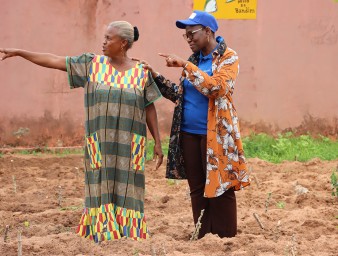Worst forms of child labour: Ebo’s story
03 November 2014

Ebo was 8-years-old when his mother handed control of him to his older sister and her husband. They put him to work. Until he was 16, Ebo spent long hours, every day, in highly dangerous conditions on Lake Volta, in Ghana, paddling a canoe, casting nets and diving deep to untangle them.
He fished with his friend Malik, who had been trafficked and also forced to work on Lake Volta. They had very little to eat, endured scorching heat and survived storms that upended their boat. When Ebo was not working on the lake, he had to smoke and package the fish for sale at the market.
“We work three times daily. We start work at 4am, work till noon, and then come back home and go again at 2pm, until 6pm; then we go to cast the last net at night,” said Ebo, adding that he was often beaten and insulted if he made a mistake.
Ebo recounted the tragic day his friend Malik drowned, after being forced to dive to free the nets. “I was afraid and begged to be sent back home because I could also die,” he said.
A Ghanaian NGO, working to free children from slavery, rescued Ebo eight years on at the age of 16.
The NGO, Challenging Heights, which receives financial assistance from the UN Voluntary Trust Fund on Contemporary Forms of Slavery, provided Ebo with specialized rehabilitation, which catered to his physical, psychological, behavioural and educational needs.
Today, Ebo lives with his aunt in his hometown where he enjoys going to school and playing football. He dreams of becoming a bank manager one day.
The International Labour Organization and UNICEF estimate that globally 168 million children, aged between five and 17, are employed as labourers, often in very dangerous conditions. Around 150 million are under the age of 14.
Read Ebo’s story and others in “The Human Faces of Modern Slavery”.
The UN Voluntary Trust Fund on Contemporary Forms of Slavery is financed by State and other contributions. Established in 1991, the Fund is managed by the UN Human Rights Office, and has awarded several million US dollars in grants to more than 500 organizations worldwide to support projects delivering humanitarian, legal, psychological and social assistance to victims of slavery. A drop in contributions, since the financial crisis is now limiting the number of organizations the Fund is able to support.
In addition to traditional slavery, modern forms of slavery include serfdom, forced labour, debt bondage, the worst forms of child labour, the sale of children, forced and early marriage, the sale of wives and inherited widows, and trafficking in persons for exploitation and sexual slavery.
3 November 2014

